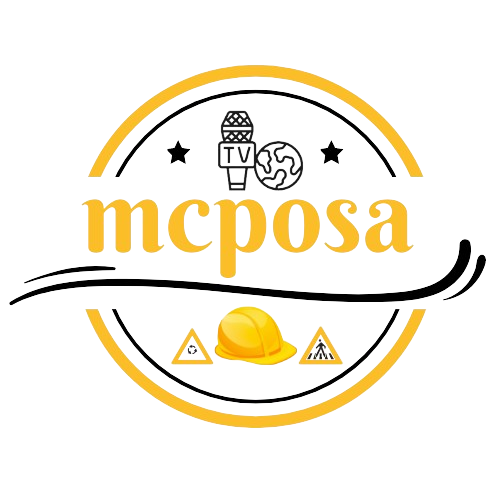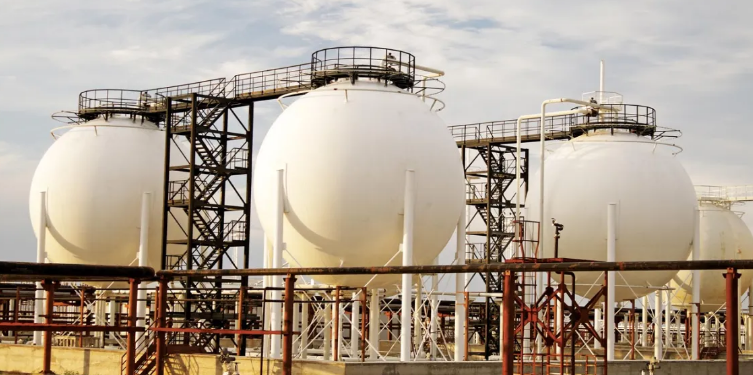DR MUSA M. ZAGI spe.mel. FNES
Dr. Musa M. Zagi is a highly accomplished professional with a distinguished career spanning over thirty (30) years in the Nigerian oil and gas industry. Presently, a Director and the Regional Coordinator at Nigerian Upstream Petroleum Regulatory Commission (NUPRC) Port Harcourt region. Dr. Zagi plays a pivotal role in overseeing the regulation of the upstream sector in the largest oil and gas zone in Nigeria. In this interview with Dr. Chinyere Amaechi, he tells about the role of safety in the volatile oil and gas sector.
The oil and gas industry though the dream of every worker to experience due to its high rewards, however, it must be noted going by this brief but incisive interview with the Director and Regional Coordinator, Nigerian Upstream Petroleum Regulatory Commission (NUPRC), Port Harcourt region, is also a very high risk operational sector where safety codes should be strictly adhered. Enjoy this concise interview with him.
What is safety in the oil and gas sector
Safety in the oil and gas industry is a State or condition of being protected from danger, harm, risk, or injury. It is also taking Control of recognized hazards in order to achieve an acceptable level of risk.
Safety measures in the oil and gas or generally are Measures taken to prevent workplace injuries, illnesses, and deaths, as well as the suffering and financial hardship these events can cause for workers, their families, and employers.
What does safety entail in the sector?
- In the oil and gas, safety is Ensuring best and acceptable practice and risk reduction to ALARP.
- It is Observation of safety rules
- It means Asset or facility integrity management
Most importantly, safety in the oil and gas is Undertaking high-risk activities such as operating heavy equipment and working in close proximity to flammable gasses, in a safe manner
What are the key safety issues of the oil and gas sector?
The key safety issues in the sector is the Risk of fire and explosion, which could result from flammable vapours and liquids.
Other risks include; Exposures to various hazards such as noise, electrical hazards, chemicals, hydrocarbon fumes, falling objects, pressure vessels, heat radiation, rotating equipment, etc.
Your office regulates and accounts for activities in the oil industry. To what extent does your office know of the happenings in the oil and gas especially at the deep sea and how do you go about it
The NUPRC is saddled with the responsibility of supervising, approving and regulating all activities and operations in the Oil and Gas Industry, onshore, nearshore, deep and ultra-deep waters. To that effect, there is no major activity or operation that can be said to be undertaken in the industry without the consent, approval and monitoring of the NUPRC.
How efficient and effective is regulating the sector
NUPRC regulatory activities include issuance of approvals and permits, supervision and monitoring, as well as sanctions and penalties. These we perform as statutorily required.
Do you experience acts/attempts of shortchanging the nation by operators in the sector? how.
The Nigerian Oil and Gas sector, like other sectors of the economy faces critical challenges, some of which include cost cutting which sometimes lead to compromises on safety requirements.
Is there any other issue about the sector that you want the public to know?
The public must know that oil and gas operations are high risk businesses that could result to major incidents leading to injuries, permanent disability, loss of lives and properties, as well as reputational issues. Hence, safety compromises are highly discouraged.



